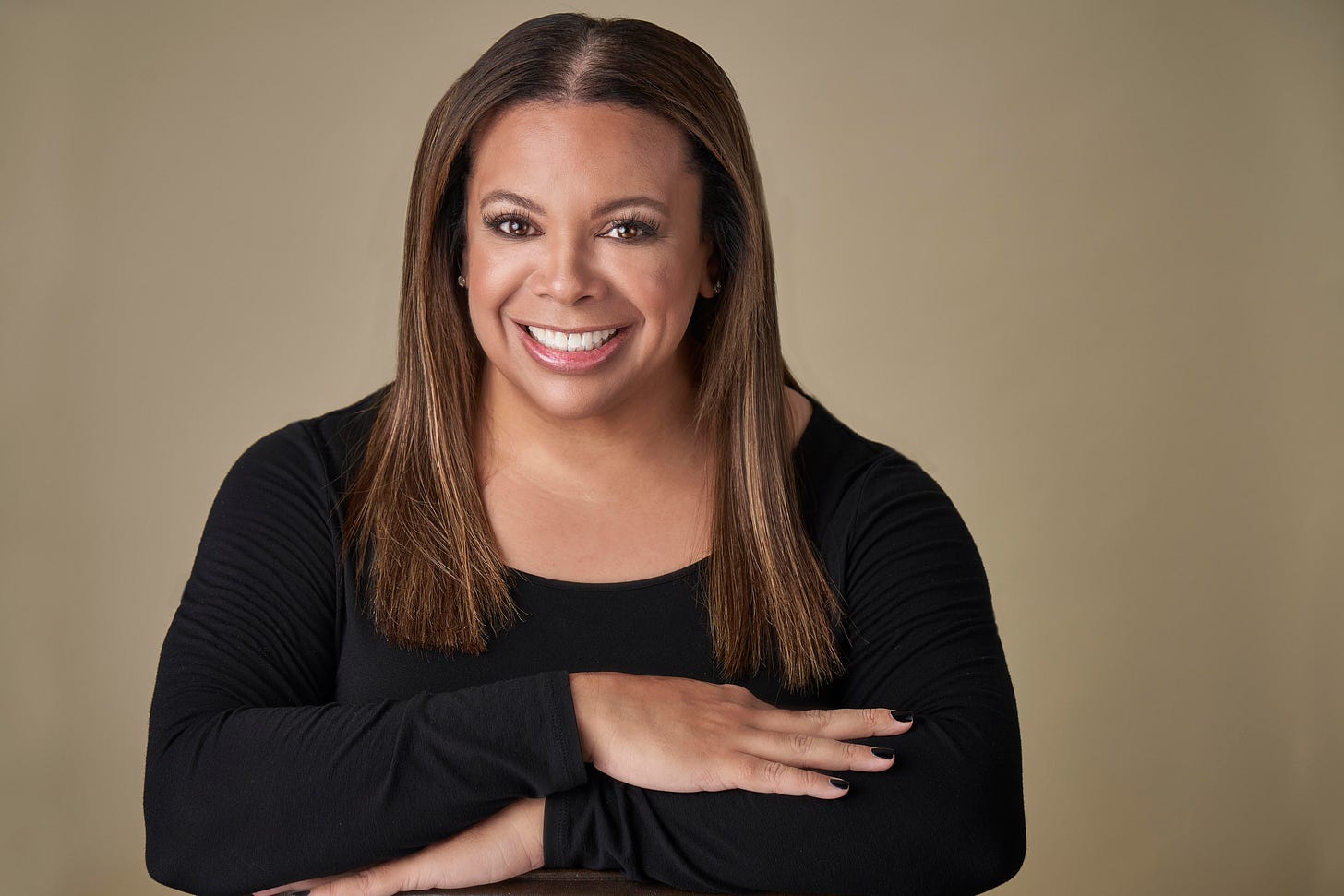Marra B. Gad: “I am not failing anyone by being Black, white and Jewish”
The writer on warm embraces (or a lack of) and why there's power in our stories
Hi, welcome back to Mixed Messages! This week I’m speaking to writer, producer, author and speaker Marra B. Gad. When I came across Marra’s memoir, The Color Of Love: A Story of a Mixed-Race Jewish Girl, I knew I wanted to share her story on Mixed Messages. Adopted by a white Jewish family, Marra grew up in ‘70s Chicago with a great aunt who couldn’t st…


